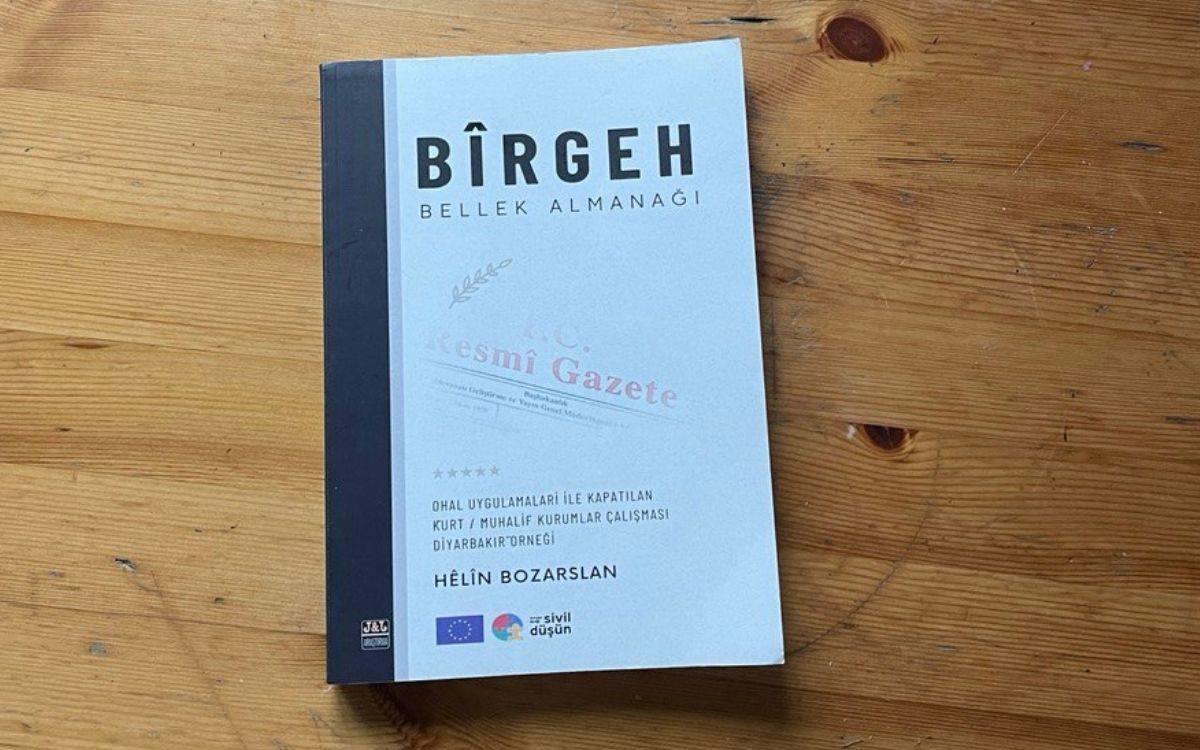'Bîrgeh' conveys the memory of institutions closed by State of Emergency practices


There is a local election ahead, and if everything proceeds as usual, voters will head to the polls on March 31, 2024, to elect new leaders to govern local areas.
One of the main agenda items for Kurds before the local elections revolves around trustees. The central question in the discussions is whether the government will appoint trustees again. Issues such as corruption, irregularities, and policies targeting the Kurdish language and culture are among the most widely debated topics concerning trustees.
Additionally, there is the presence of conservative and religious civil society organizations that have emerged in the vacuum left by Kurdish and dissident NGOs closed after the attempted coup on July 15, 2016.
Kurdish organizations closed after the coup attempt
Following the coup attempt, which President Erdoğan described as "a grace from the God," numerous civil society organizations, media outlets, and women's groups were shuttered through emergency decrees (KHK). In addition to those associated with the Fethullah Gülen movement, the AKP sought to utilize this "divine grace" to "neutralize" other opposition structures. This led to the closure of many Kurdish and dissident civil society organizations, democratic mass organizations, and media outlets. Properties were seized, and hundreds of people were left unemployed as a result.
A recent book has been published as a result of a study aimed at elucidating the work conducted by these hundreds of institutions, the reasons behind their closure, and the subsequent legal processes. The publication delves into the activities of these numerous organizations, shedding light on why they were closed and narrating the legal proceedings that followed.
The book also includes evaluation essays from individuals who experienced the entire process, such as Gültan Kışanak, the co-mayor of Diyarbakır Metropolitan Municipality who was replaced by a trustee and detained, not released despite completing her sentence; Murat Çelikkan from the Memory Center; imprisoned lawyer Selçuk Kozağaçlı; psychologist Düzgün Uğur; and Yüksel Genç, the Coordinator of the Center for Socio-Political Field Research.
Kurdish daily newspaper of 1990's closed by AKP government
The Almanac reminds us that the Azadiya Welat newspaper, which in the 1990s, then-Foreign Minister İsmail Cem, when asked by those inquiring during his foreign trips about the ban on Kurdish in Turkey, responded by pulling out from his bag, stating, "Who said it's banned? Look, there's a daily Kurdish newspaper," was closed by the AKP government.
The study allows us to understand the places in social memory of organizations such as Jin News Agency, the first women's news agency, Sarmaşık Poverty and Sustainable Development Association formed by various social, political, cultural, and economic components of Diyarbakır, the Free Journalists Association, the Kurdish Writers Association, and many other associations in the fields of women, youth, culture, arts, and solidarity, in the context of today's agenda.
In the Almanac, quoting Hêlîn Bozarslan, we see an examination of TV channels, newspapers, magazines, and radios that were "operating in the challenging political atmosphere of post-1980 Turkey, addressing social issues," "raising discrimination, inequality, and human rights violations," and "engaging in a different editorial line with newspapers, magazines, radio stations at the local and national levels under the hot conditions of the period, creating vital spaces for freedom of expression." The Almanac explores the "reasons" behind the closure of these media outlets and their ongoing legal processes.
"Bîrgeh" aims to contribute to remembering this memory. (FD/PE)
Diyarname 29 Reşemî to be published every four years in Kurdish
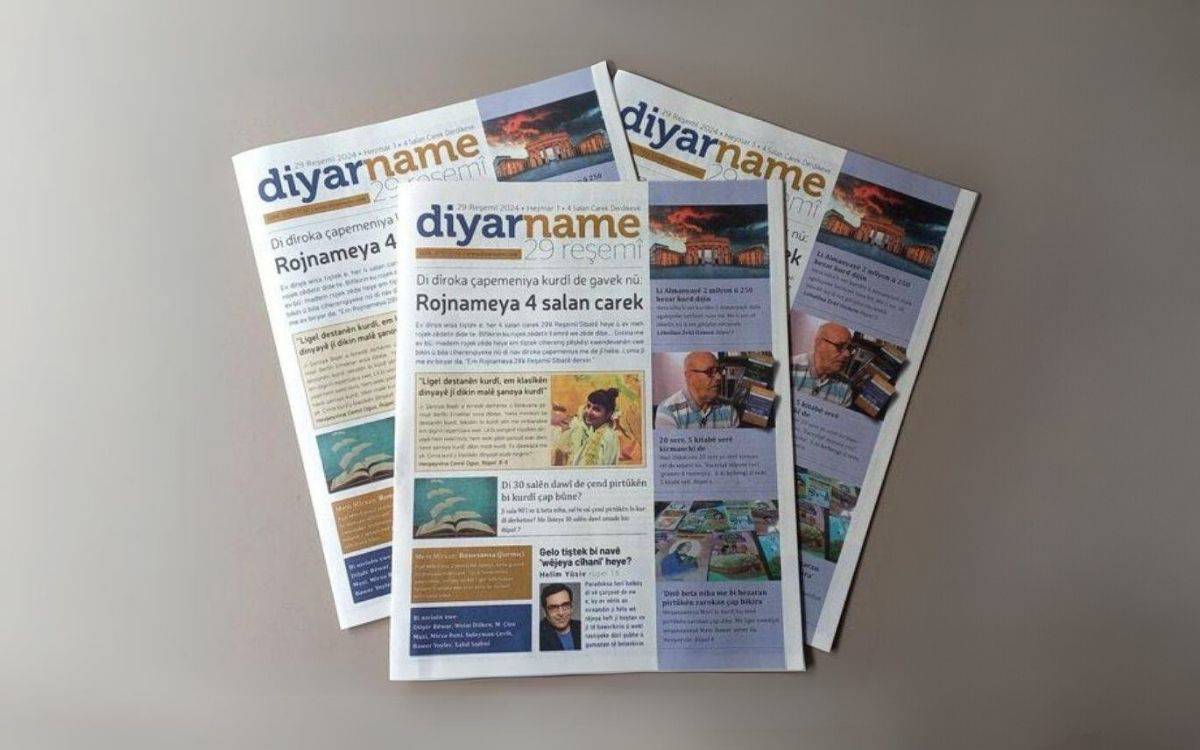
Kurdish service of Radio Sweden to close
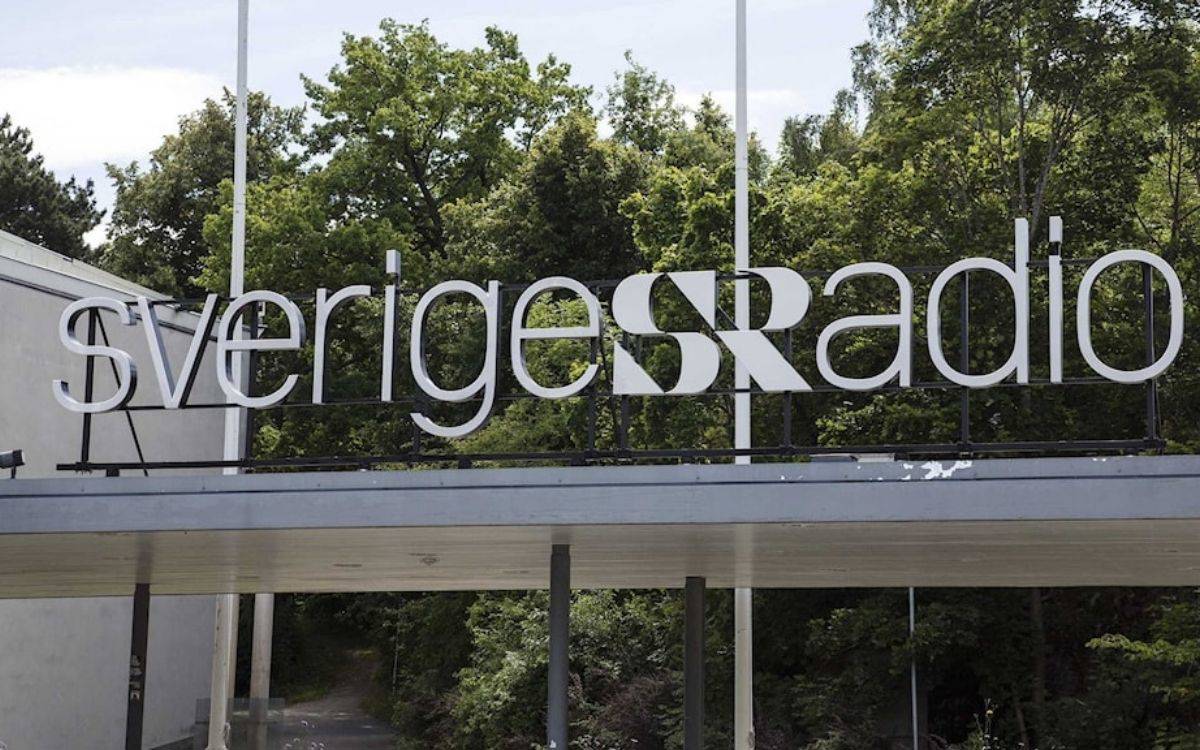
Kurdistan24 TV dismisses employees while on annual leave
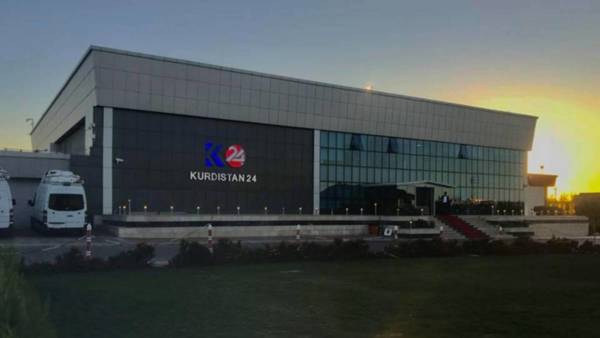
FilmAmed starts in Diyarbakır
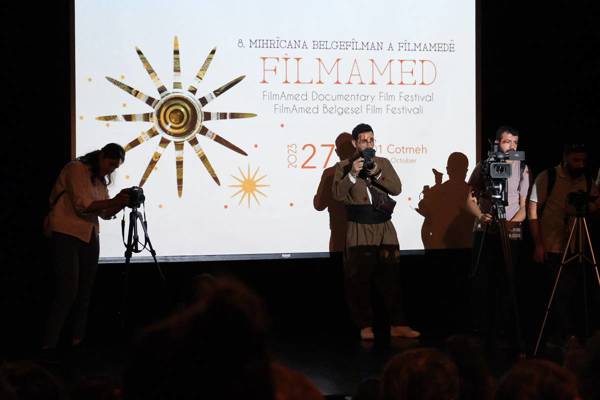
'Opposition should speak about peace'
.jpg)





